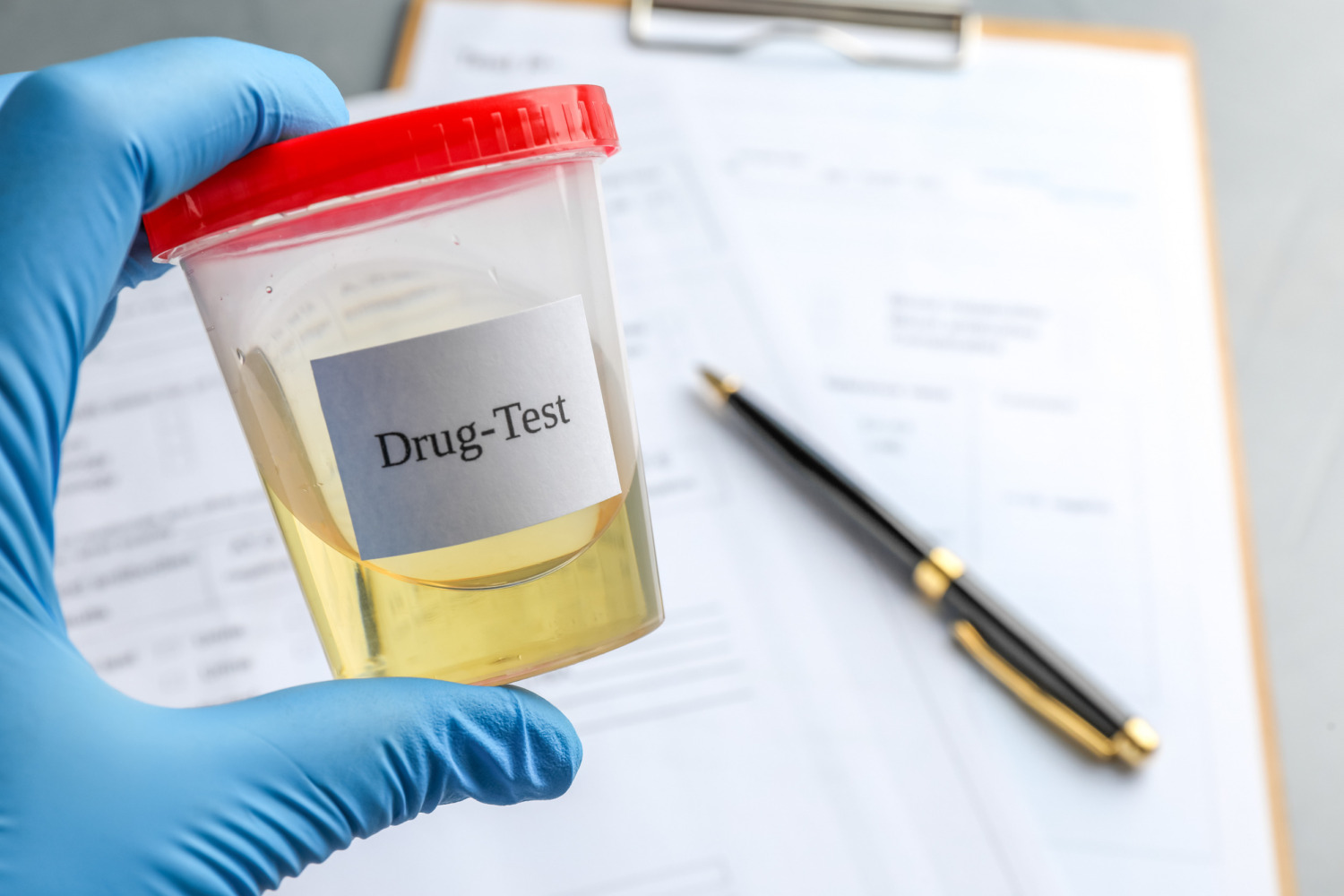Are you curious about the DOT drug/alcohol testing rules and regulations? Drug/alcohol testing is a crucial component of maintaining safety and productivity in safety-sensitive positions regulated by the Department of Transportation (DOT). Whether you’re an employer or an employee subject to DOT regulations, understanding the ins and outs of DOT drug/alcohol testing is essential. In this comprehensive guide, we’ll delve into everything you need to know about DOT testing, from the regulations to the testing process and what to expect.
Understanding DOT Drug/Alcohol Testing Rules and Regulations
The DOT has stringent regulations in place to ensure the safety of employees and the public. These regulations mandate drug and alcohol testing for employees in safety-sensitive positions, such as commercial drivers, pilots, and railroad workers. The key DOT agencies involved in overseeing drug testing include the FMCSA, FRA, FTA, FAA, USCG, and PHMSA.
DOT drug/alcohol testing rules mandates urine and/or oral drug testing, which screens for a panel of drugs including marijuana, cocaine, amphetamines, opioids, and PCP. Additionally, DOT regulations require alcohol testing, which can be conducted using breath, saliva, or blood tests.
When Should Safety-Sensitive Employees Expect to Submit to Drug and/or Alcohol Tests?
Safety-sensitive employees must submit to drug/alcohol testing in various instances to ensure the safety of themselves and the public. These instances include pre-employment testing, where individuals must undergo testing before being hired or performing safety-sensitive functions for the first time. Additionally, random testing is conducted periodically throughout employment to deter substance abuse and ensure ongoing compliance. Post-accident testing is required after certain types of accidents or incidents to determine if drugs or alcohol contributed to the event. Reasonable suspicion testing may be conducted if a supervisor has evidence or reasonable belief that an employee is under the influence of drugs or alcohol while on duty. Return-to-duty testing is required after an employee has completed the return to duty process and is seeking to return to safety-sensitive duties following a positive test result or violation of DOT regulations. Finally, follow-up drug/alcohol testing which is done after return to safety-sensitive duty following a testing violation. These tests are prescribed by the DOT SAP and can only be administered by an employer. These various instances of testing help to maintain safety standards and ensure the well-being of everyone involved.
Consequences of Non-Compliance with DOT Drug/Alcohol Testing Rules and Regulations
Failure to comply with DOT drug/alcohol testing regulations can have serious consequences for both employers and employees. Employers may face fines, penalties, and loss of operating privileges for non-compliance. Employees who test positive for drugs or alcohol will be immediately removed from their safety-sensitive duties and must begin the return to duty process with a qualified SAP.
Tips for Compliance
To ensure compliance with DOT testing regulations, employers should establish clear drug and alcohol testing policies, provide education and training to employees, and maintain accurate records of testing results. Employees should familiarize themselves with DOT regulations, understand their rights and responsibilities, and avoid the use of prohibited substances.
Do You Have to Get Started with the Return to Duty Process? Find a SAP Quickly with SAP Referral Services
If you’ve failed a DOT-mandated drug and/or alcohol test and need to initiate the return-to-duty process, it’s crucial to promptly contact a Substance Abuse Professional (SAP) for guidance and assistance. SAP Referral Services can schedule you with a qualified SAP in your area efficiently, ensuring that you receive the support and resources necessary to navigate the return-to-duty process successfully. SAPs play a vital role in assessing individuals’ substance abuse issues, recommending treatment programs, and facilitating the necessary steps for returning to safety-sensitive duties in compliance with DOT regulations. By reaching out to SAP Referral Services, you can expedite the process of finding a qualified SAP who can guide you through the return-to-duty process and help you get back on track with your career. Contact SAP Referral Services today to get started and get back to work quickly!
